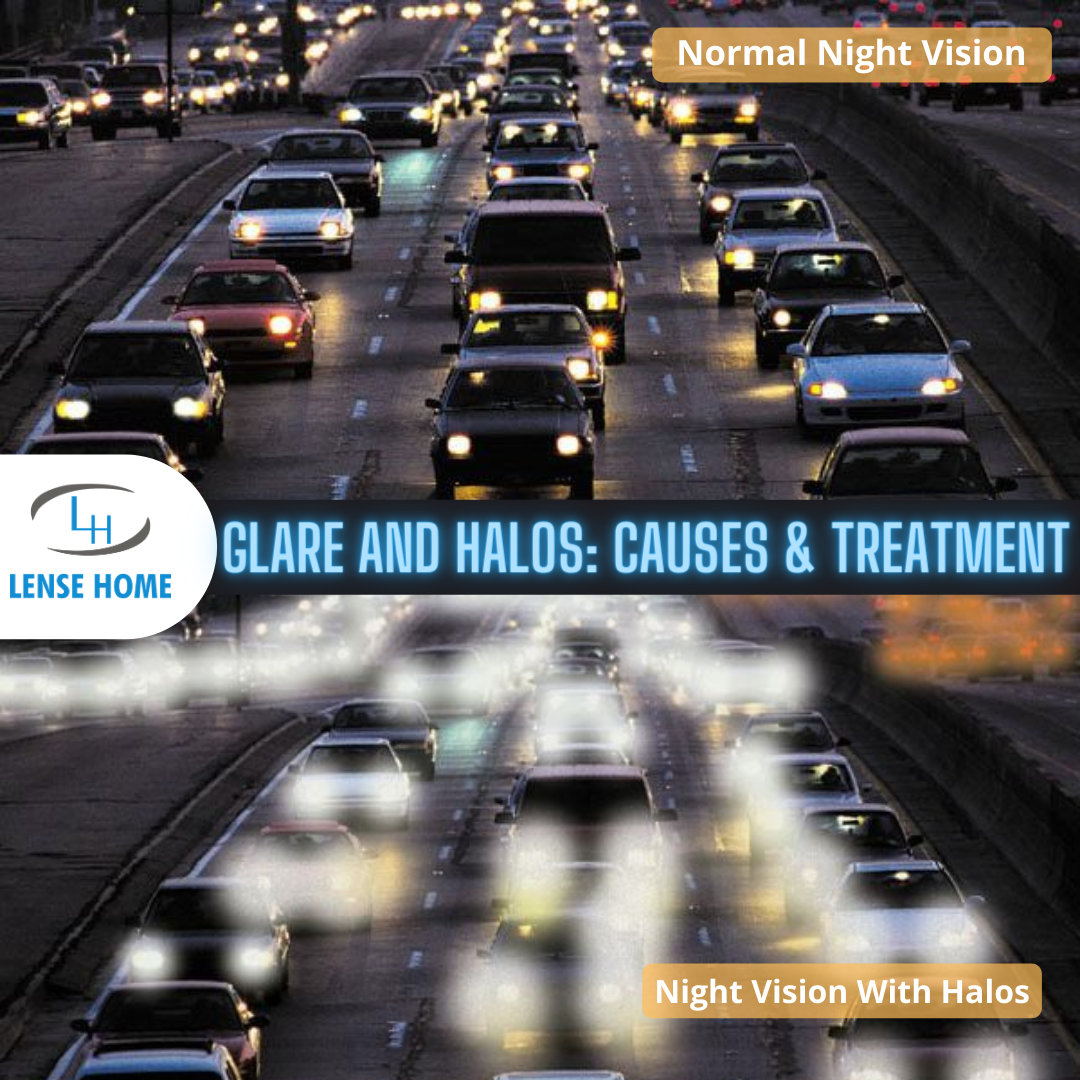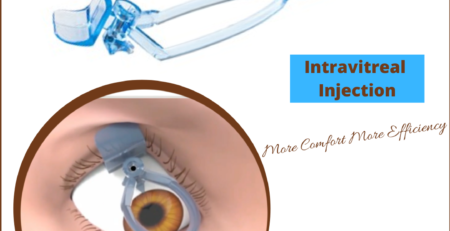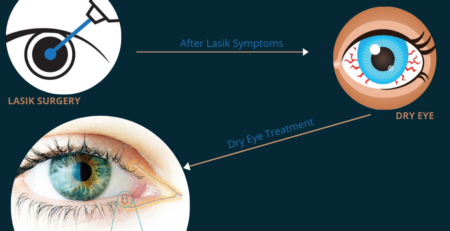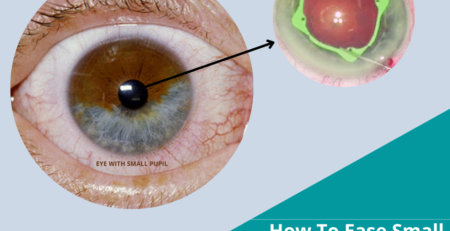Glare and Halos: Causes and Treatment
Light is very important for vision as our ability to see anything is dependent on it. Hence, vision is bound to get affected when there is any disruption of light by any defect on our retina. Many people face a common problem of difficulty seeing at night. Due to this, they experience the two most common vision defects that are glare and halos.
 Glare is a light that enters our eyes and obstructs the vision just like when a camera flash goes off. Halos are bright rings or circles around a source of light like headlights. They are commonly noticeable at night or in dark areas.
Glare is a light that enters our eyes and obstructs the vision just like when a camera flash goes off. Halos are bright rings or circles around a source of light like headlights. They are commonly noticeable at night or in dark areas.
Causes of Glare and Halos
A side effect to eye surgery: Halos are formed as a response to bright lights but they can also occur as a side effect because of a LASIK or cataract surgery, however, they only last for few weeks after the surgery and usually disappear on their own. Any sudden occurrence of halos along with some pain, discomfort, or blurry vision can indicate a severe eye disorder.
Age: Our eyes become more sensitive to lights as we age. Hence, they take a longer time for adjusting to the various levels of lights. Due to this, people often see more glare and halos as they get older.
Eye diseases and other refractive problems: Cataracts and other eye diseases that can occur in elder people are the biggest causes of vision glare and halos as their natural eye lens gets fogged up. Other eye problems causing glare and halos can include the scratched cornea, presbyopia, dry eye, astigmatism, and general retinal issues.
Eye color: The severity of sensitivity to light also depends upon our eye color. People with light-colored eyes tend to have higher chances of experiencing halos and glare.
Treatment for Glare and Halos
Possible treatment for preventing halos and glare may include the following:
- Wearing the right pair of sunglasses during the day to reduce glare
- Cataract surgery
- Observation after LASIK surgery to see if halos and glare clear up on their own
- Using the visor on your car so that the sunlight does not reach your eyes directly
- Medicated eye drops prescribed by the eye specialist
Getting a regular eye checkup is the best way to prevent halos and glare. If you feel that you are facing any sudden changes in your vision or difficulty in seeing due to much vision glare and halos, make sure that you contact your eye expert as soon as possible. Your doctor will perform an eye examination to evaluate the cause of glare and halos.












Leave a Reply